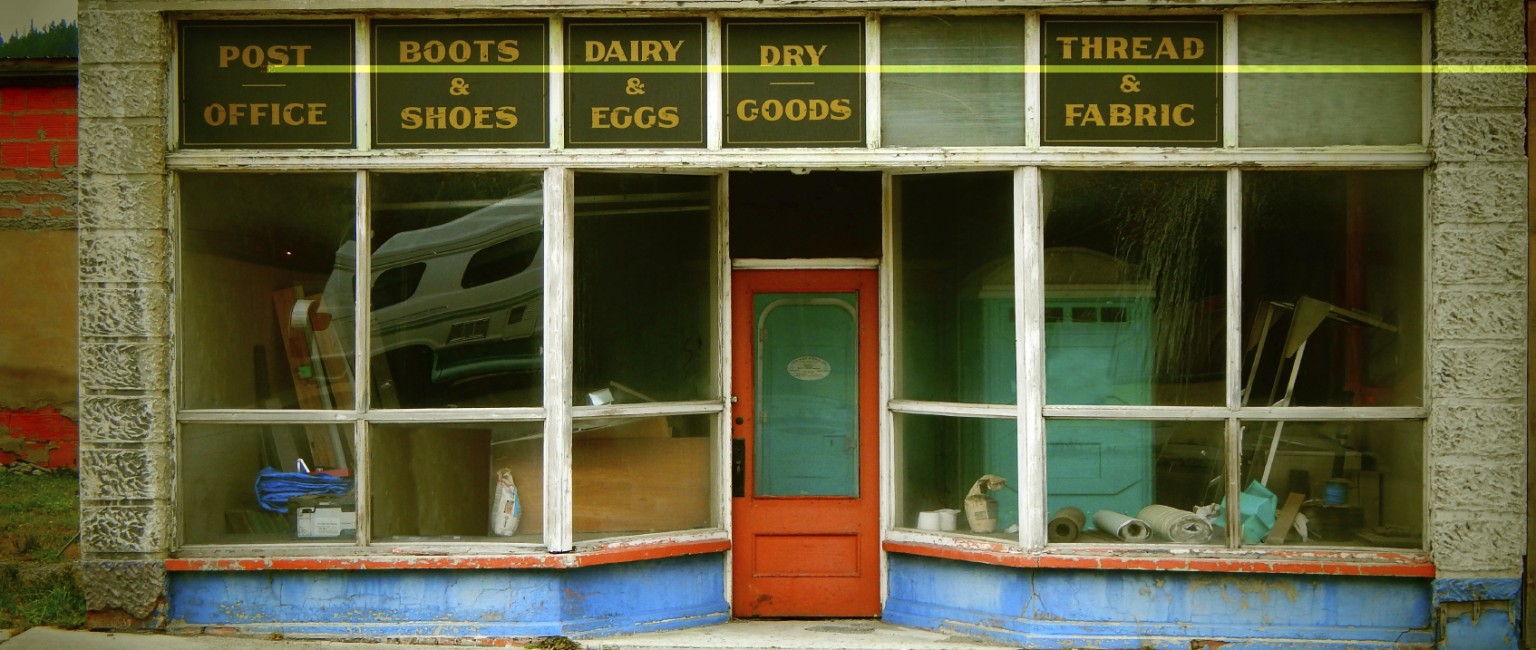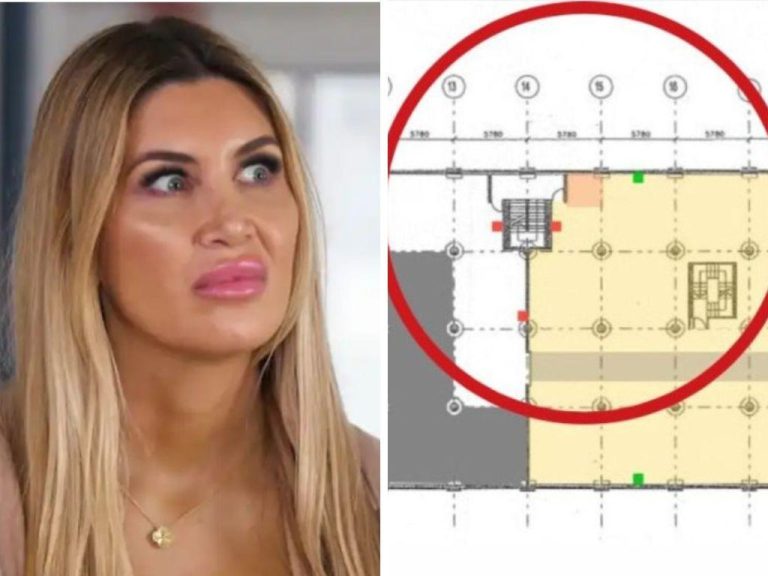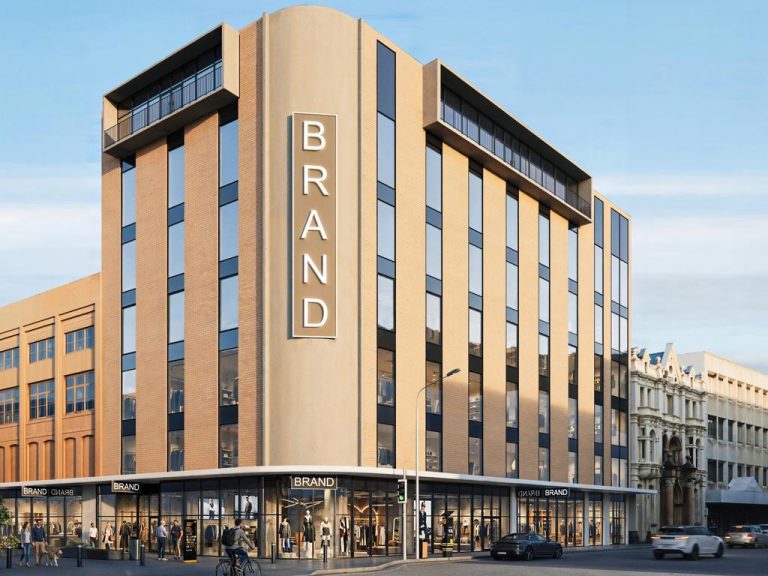How to: Keep tenants in your commercial building

Finding the right tenants and keeping them for the long term is the goal of most commercial property landlords.
But how do you do this, especially in tough market conditions?
We spoke to Phillip Walter, National Manager Property Services at WBP Property Group, to get some expert insights.
Cash flow is king
“The name of the game in tough markets is to keep your tenants and maintain your cash flow as a result” Walter says.
And to do this, he says communication is the fundamental thing.
“If you only have one tenant, it is important to understand how they are going, have they got a good flow of business coming in?” Walter says.
“A sophisticated landlord will try to understand the market the tenant works in. If the tenant is a fencing contractor for example, a slowing residential property market may drastically impact them.
“In talking to the tenant about what kind of work they do, a landlord may well discover the tenant has a number of ways to work around and through tough markets. If your tenant has a problem then ultimately so do you.”
Read more: 4 key steps in leasing your commercial property
Know where the exit is
By talking to the tenant every couple of months and establishing a rapport, a landlord can bring up the idea of an exit strategy.
“Exit strategies are a way of allowing the tenant to leave the property while you release the tenancy,” Walter says.
“In this way the landlord has the opportunity to minimize vacancies. It may be that a repayment program or a rental abatement is part of the exit strategy.
“Reducing rents may lower the threshold of pain for a tenant but usually it is not the rent that is the issue rather than the lack of income.”
If you only have one tenant, it is important to understand how they are going
Walter urges landlords to think strategically and long-term when leasing a property.
“Leasing to tenants at high levels in good markets is often the goal for landlords and agents alike,” he says.
“In rising markets this does make sense but perhaps consideration should also be given to the cost of rent as a percentage of the tenant’s income or, put another way, what level of rent a tenant’s business can sustain, especially if the market they work in comes under pressure”.
Read more: Negotiating end of financial year leases
Happy tenants means sustainable rent
Walter says he often hears landlords complain of increasing vacancy levels as the economy tightens and slows.
“Landlords that keep their tenants in these times do so because they asked for good sustainable rentals,” he says. “These properties are viewed as being stronger in the market and can reflect a higher capital value.
“There are no absolute ways of guaranteeing you will keep a tenant. But if they are making money with you, and you with them, it’s a pretty good arrangement.”
Read more: 5 things retail investors should know when signing a lease







